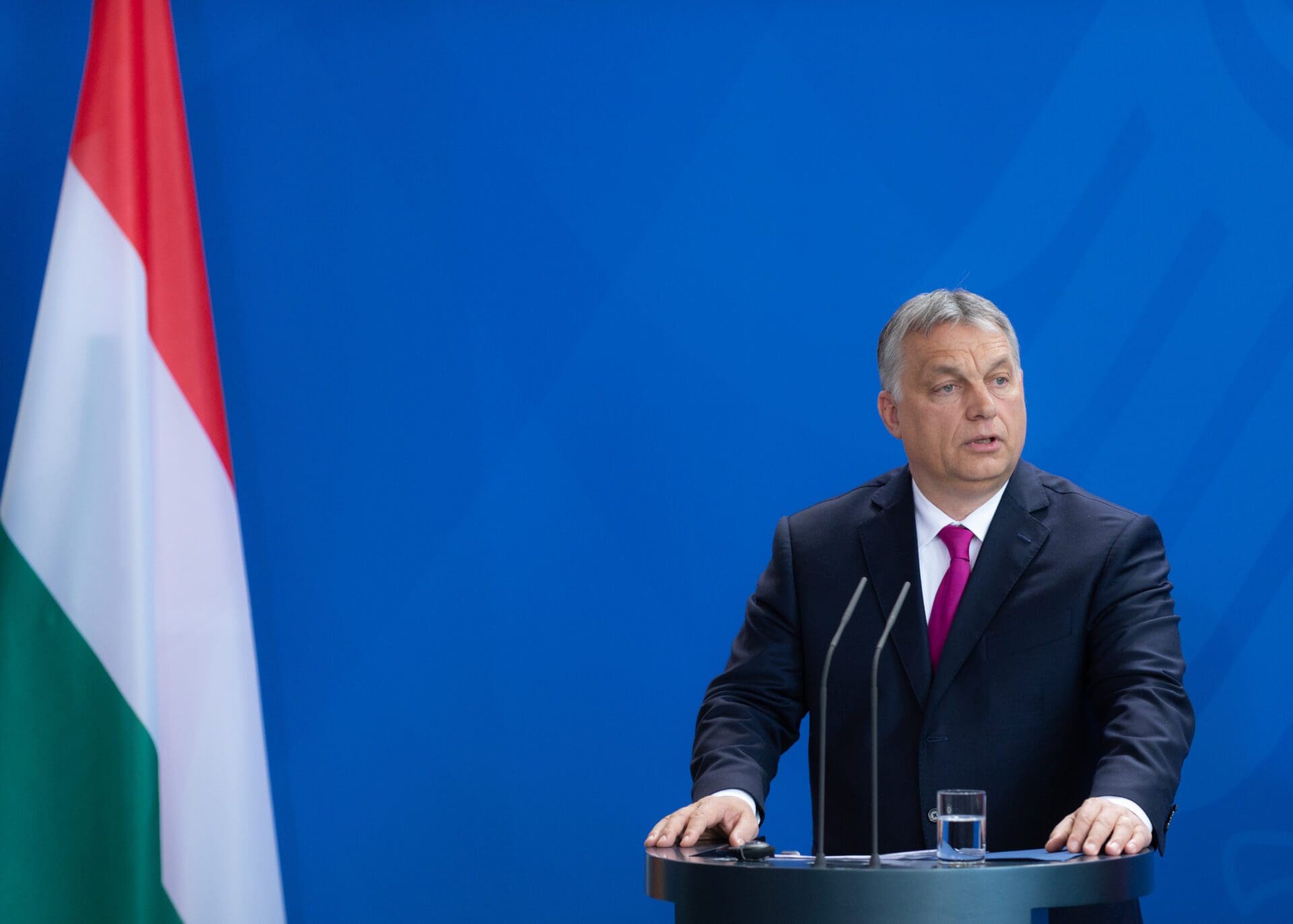Avoidance and Economy
Prime Minister Viktor Orbán stated on 21 December during an international press conference that Hungary must avoid a recession and reduce inflation to single digits by the end of 2023. He also remarked that the Governor of the Hungarian National Bank was under ‘huge pressure’ as a result of the rising price of goods.
The economy is slowing, Hungary’s central bank’s interest rates are among the highest in the European Union, and annual inflation is expected to increase to 26–27 per cent in the next months. This is likely to pose one of the greatest challenges the Fidesz government will have to face since taking office in 2010. The nation’s finances are under strain due to a rising energy cost which are projected to reach 17 billion euros in 2022.
Despite being a supporter of Orbán, National Bank Governor György Matolcsy criticized the government’s price caps earlier, claiming that they worsened inflationary pressures since they forced shops to hike the price of other, non-capped-price products. While Orbán rebutted this claim, he stated at the press conference that he ‘understood’ the governor had a difficult job. ‘No central bank head has had to face a challenge as great as this one in a long time. The law requires the central bank, which is in charge of controlling inflation, to ensure price stability. Although it has the lion’s share [in achieving that goal], it obviously cannot accomplish it alone.’
Projections for the Future
Matolcsy, he claimed, was ‘under huge pressure’ as a result of inflation that was above 20 per cent. On the other hand, the central bank’s tool of choice—increasing high interest rates in the economy, which prevent businesses from borrowing—puts enormous pressure on the institution from the corporate sector. ‘So I understand the central bank governor behaves in an unorthodox manner in public.’ The National Bank of Hungary pledged to maintain tight monetary conditions ‘for a prolonged period’ in order to contain inflation. It held its base rate steady at 13 per cent and increased its inflation projection for 2023 to an average of 15 per cent to 19.5 per cent. In addition, Orbán stated that his administration will continue to control home energy costs in the upcoming fiscal year and would offer tax breaks to women up to the age of 30 who decide to have children.
After reaching an agreement on the release of funds that were suspended due to a dispute over rule of law, he said Budapest will finalize the funding arrangements with the European Union in the coming days if it reduces corruption associated with the use of EU funds and meets all conditions set forth with Brussels. Orbán stated that Hungary’s energy bill will likely cost 17 to 20 billion euros in the upcoming year and that the government would raise the money needed from the market. Orbán responded that this amounted to a ‘sovereignty issue’ and Hungary would not pursue this course of action when asked if turning to the International Monetary Fund (IMF) for finance was a possibility. Orbán reaffirmed his position that Hungary should not join the ERM-2 since doing so would hamper the country’s economic progress.
The State of Public Finances
At a press conference on 20 December, Finance Minister Mihály Varga talked in detail about public financing in 2023. He stated that despite the adverse international development, Hungary will continue to fight inflation and decrease the overall debt of the country. He added that Hungary’s public debt is likely to be around 3.5 per cent, while in 2022 is projected to have stood at 4.9 per cent.
He stressed that the government is working on ‘redrafting’ the budget. He also stated that the goal is to avoid recession in 2023, and have a 1.5 per cent increase in GDP compared to this year’s 4.5–5 per cent.
Varga stated that next year the budget’s financing needs will require about 3,200 billion forints, and the projected budget revenues will amount to 3409 billion, which means that the budget financing will be stable, and also thanks to the unlocked funds previously withheld by the EU Hungary will most likely be able to avoid recession.
On Tuesday 3 January, Varga announced that Hungarian public debt has decreased more significantly than expected. He said that after reaching 76.8 per cent in 2021, in 2022 the debt dropped to 73.5 per cent. The minister also confirmed that in line with the projection, last year’s budget deficit target was indeed met, at 4.9 per cent of GDP.








